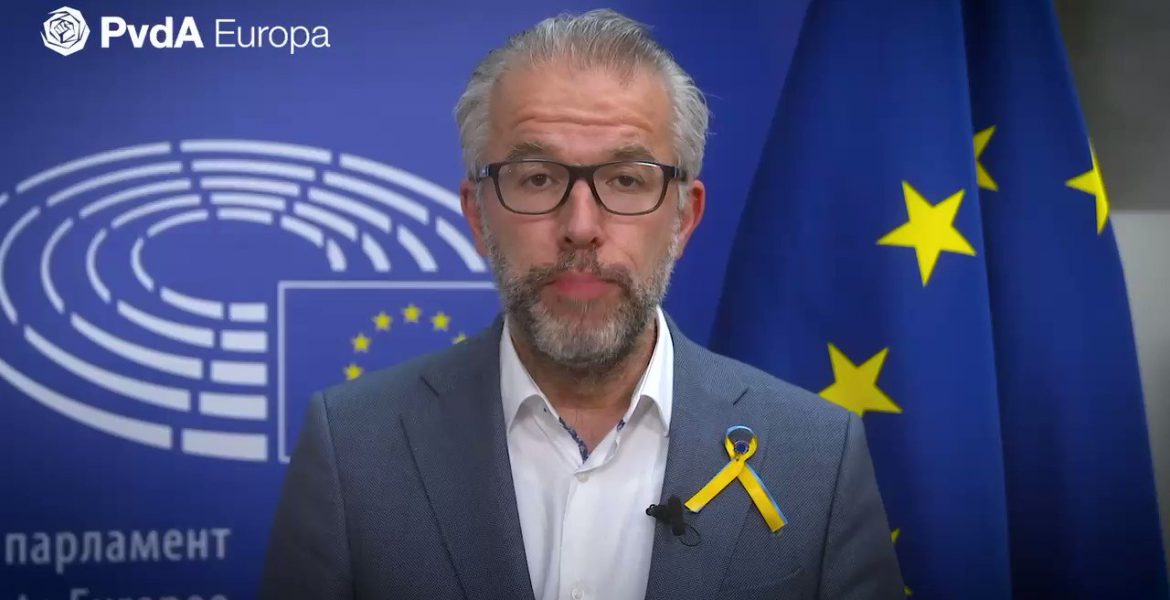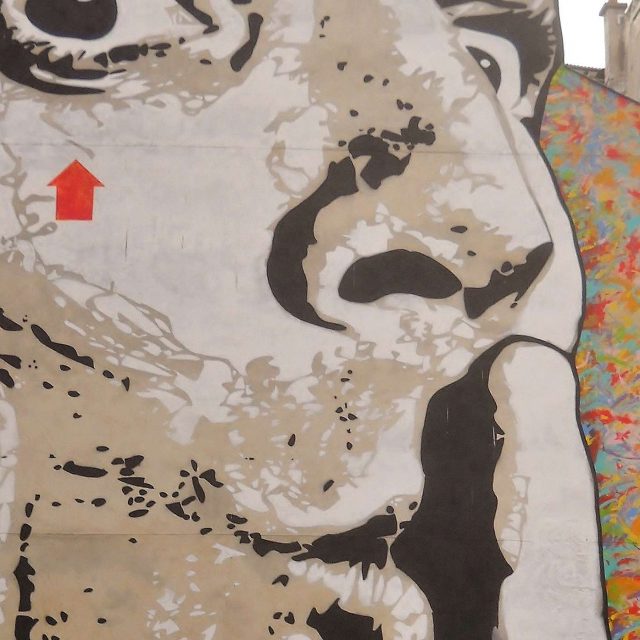With the public showing unprecedented levels of solidarity with refugees fleeing war, the Socialists and Democrats in Rotterdam spoke to citizens about changing the rules on migration in the EU so that solidarity and fair-sharing of responsibility is always Europe’s first response.
As part of a series of citizens debates on the Conference on the Future of Europe, S&D MEPs Thijs Reuten, Marc Angel and Nils Ušakovs were in Rotterdam to lead the debate on the future of migration policy, alongside Anna Terrón Cusí, Former Spanish Secretary of State for Migration and director of FIIAPP, and Kati Piri, Member of the Dutch House of Representatives.
During the event, citizens had the opportunity to learn more about the experiences of refugees arriving in Europe, with contributions from Mohammed Badran, founder of Syrian Volunteers Netherlands and social designer at OpenEmbassy, and migration expert Leo Lucassen. Dutch dancer Ahmad Joudeh, born and brought up as a stateless refugee in Syria, performed during the event.
Thijs Reuten, S&D MEP on the justice and home affairs committee, said: “In the first two weeks after Russia’s invasion, the EU received more refugees than in 2015 and 2016 put together. Russia’s war against Ukraine has shown that when faced with major challenges, member states alone cannot succeed. After years of political deadlock, the solidarity shown by millions of people across Europe to refugees fleeing Ukraine must be matched with the political will to reform EU rules. We believe that solidarity and fair-sharing of responsibility must be at the heart of Europe’s asylum and migration policy. With their direct input, citizens are also helping to shape a new progressive approach, with more EU tools and capacity to respond.”
“We look forward to hearing more ideas from people in Rotterdam about how to change the rules so that the same rights are guaranteed for asylum-seekers and migrants in each and every EU country. EU governments must start listening to citizens direct demands and we hope current events will provoke a change of heart in the Council when it comes to asylum and migration policy in the EU. Local and regional governments are often the first point of contact for refugees and asylum-seekers so they have a key role to play. That’s why it is so important that we listen to local voices and fully involve them in shaping Europe’s future.”




